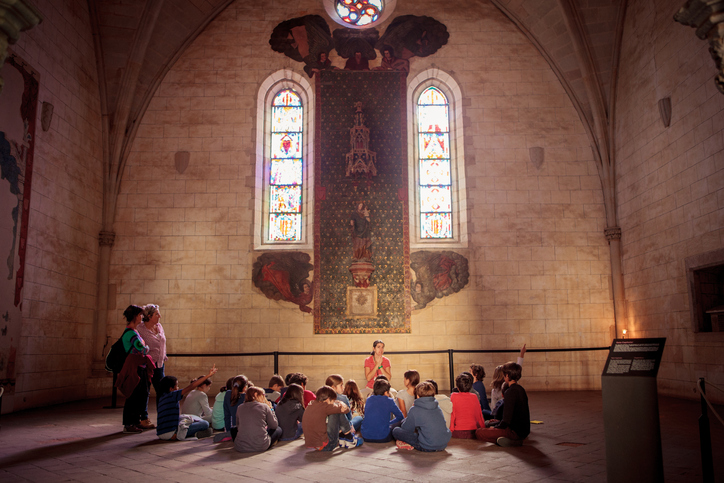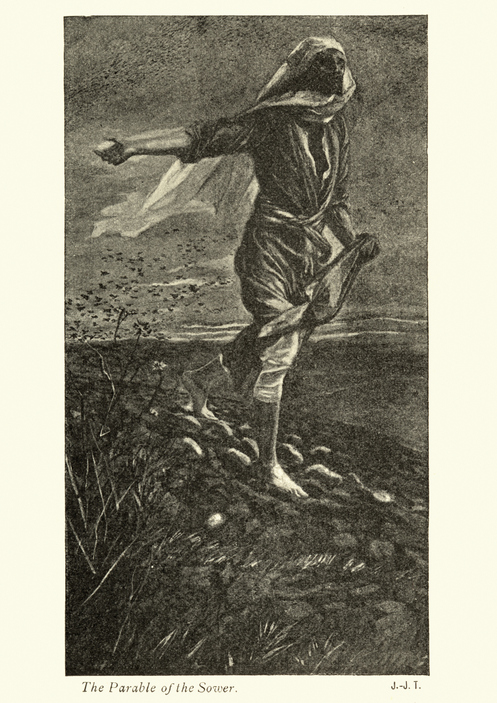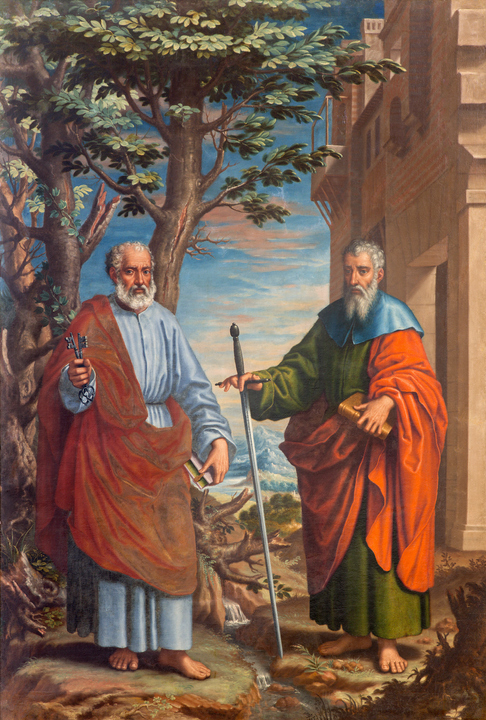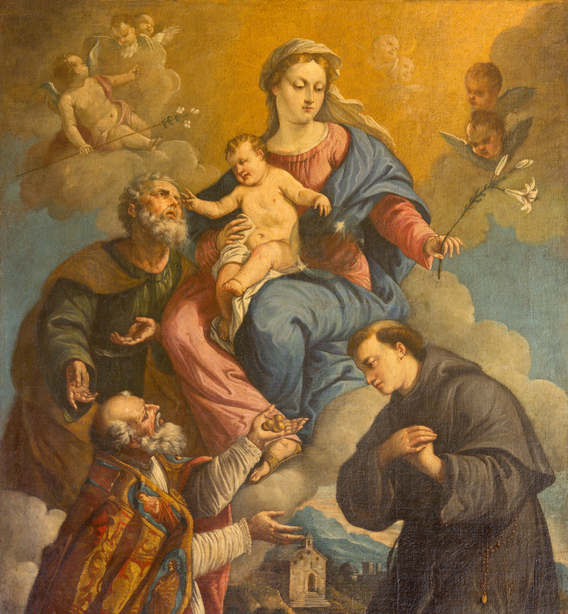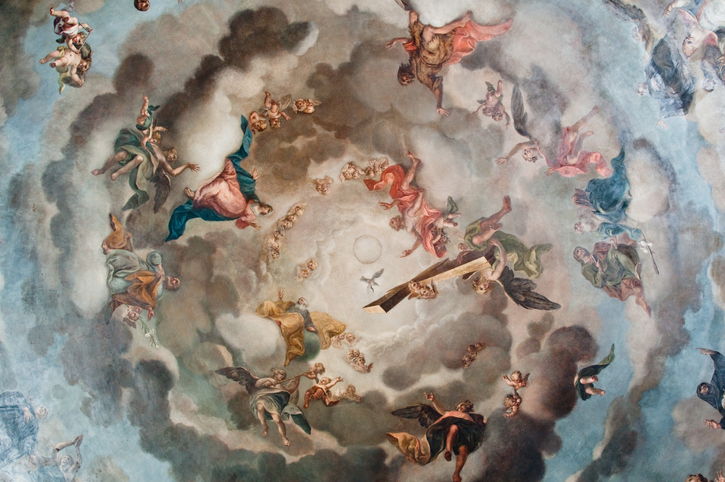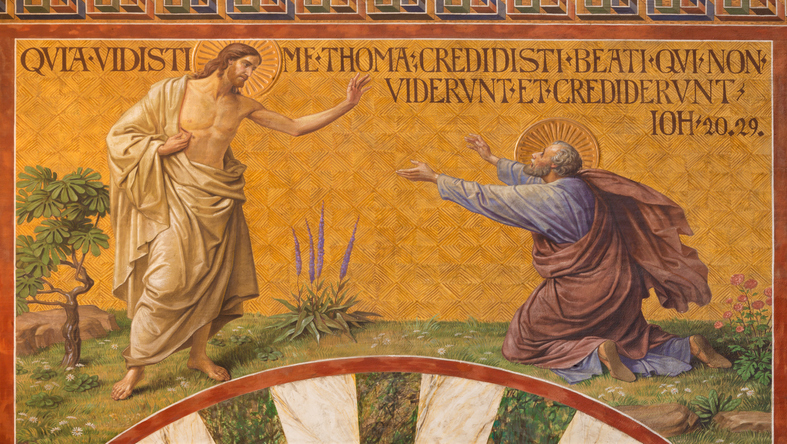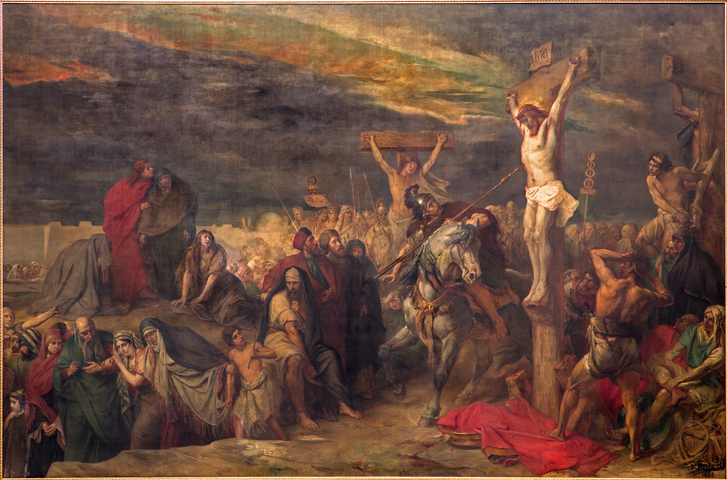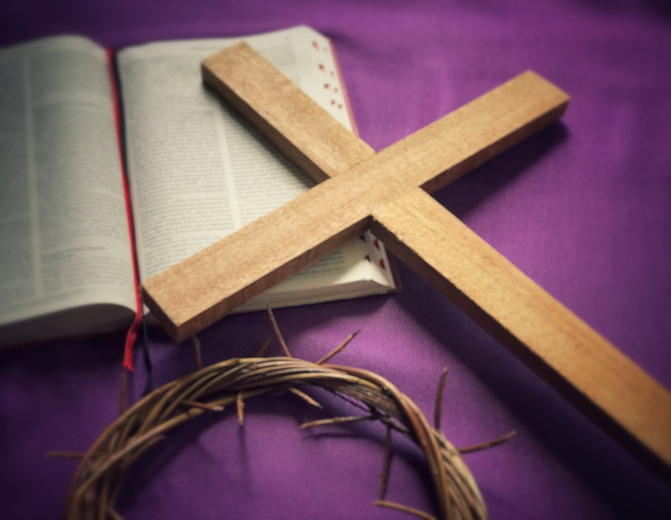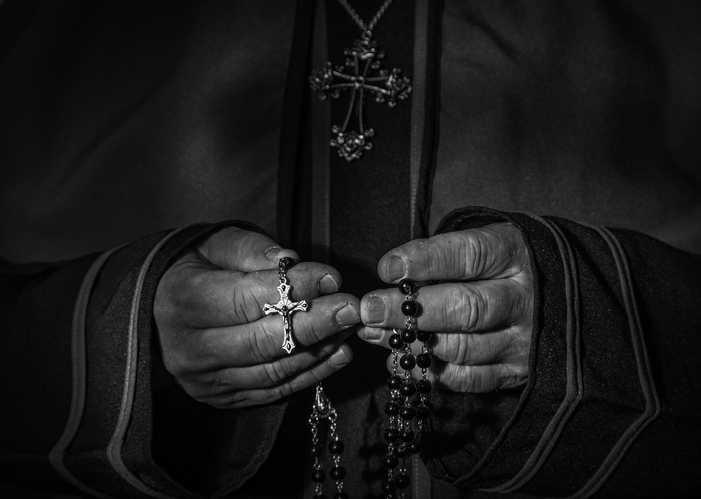At first, it seemed pretty easy to follow what today’s Gospel is asking us to do: pray without ceasing. Be like the persistent widow who continuously bothers the judge until he finally delivers a decision for her. A simple request, right? But the more I got to thinking about it, the more I realized, wow, I don’t do that. When I want something, I ask God for it, and if I don’t have it in about a week, I ask, “Why is God putting me through this challenge? Why is He asking me to carry this cross?” Yup! Very dramatic, but also not very far from the truth. But Luke tells us that, unlike the judge, God will deliver justice for us speedily. So why does it always seem like we’re waiting, and waiting, and waiting, and waiting for God to answer our prayers? Why does it look like our persistence never pays off? Well, perhaps our idea of speedily and God’s idea of speedily are very different from one another.
The responsorial psalm for today is, “Our help is from the Lord, who made Heaven and Earth.” For me, it served as a reminder that God is all-powerful and all-present. He knows exactly what each person needs, as well as what each person wants. He is not a vengeful God; rather, He is a loving, merciful, and just God who wants nothing more than for us to spend eternity with Him in Heaven. That fact tends to be easy for us to believe, at least in theory. But when it comes to putting that theory into practice, it tends to be a little more difficult. It is easy for us to lose faith when it seems as though God is not answering us, especially when we think we deserve a “quick” answer. We need to change our attitudes from “I am going to pray unceasingly so God will give me what I want/deserve” to “I am going to pray unceasingly so I can meet God face to face in all His glory.” Because, ultimately, that’s what this life is for. There’s that old song that says, “Some of God’s greatest gifts are unanswered prayers,” but maybe those prayers aren’t unanswered; they’re just answered in a way different than what we wanted or expected. By placing our own expectations on God and imposing our own wills on Him, we thereby don’t allow our wills to conform to His.
We are also reminded of the importance and necessity of persistence in the second reading from 2 Timothy. Not only do we need to be persistent in our pursuit of heaven and in our relationship with God, but we must also be persistent in our duty to bring souls with us to heaven. “I charge you in the presence of God and of Christ Jesus, who will judge the living and the dead, and by his appearing and his kingly power: proclaim the word; be present whether it is convenient or inconvenient; convince, reprimand, and encourage through all patience and teaching.”
Even when it’s not convenient for us, even when we’re in a secular work environment, even when we don’t want to say grace in public because we’re afraid of what others might think, even when our culture tells us that we’re wrong for believing in a universal truth, even when it feels like we’re getting nowhere….may we never lose hope in His providence, His grace, and His faithfulness.
St. Paul of the Cross, pray for us!

Dakota currently lives in Denver, CO is studying for her Master’s in Spanish, and loves her job as an elementary school librarian. She is married to the love of her life, Ralph. In her spare time, she reads, goes to breweries, and watches baseball. Dakota’s favorite saints are St. John Paul II (how could it not be?) and St. José Luis Sánchez del Río. She is passionate about her faith and considers herself blessed at any opportunity to share that faith with others. Check out more of her writing at https://dakotaleonard16.blogspot.com.

